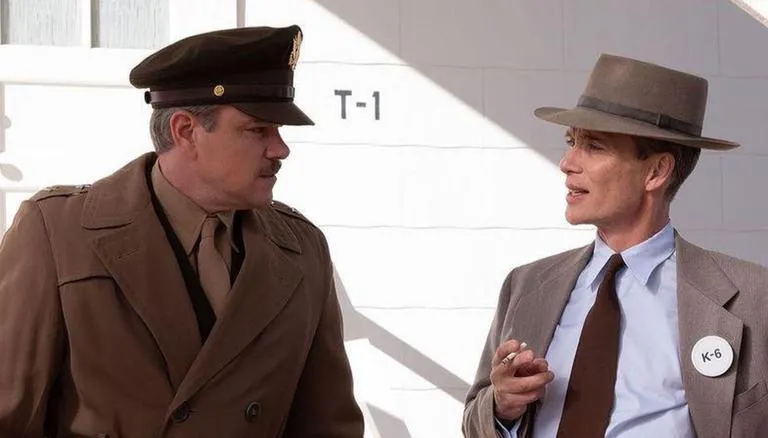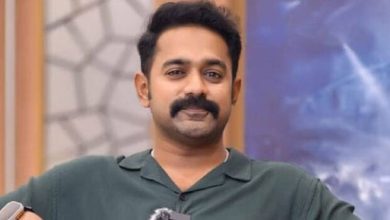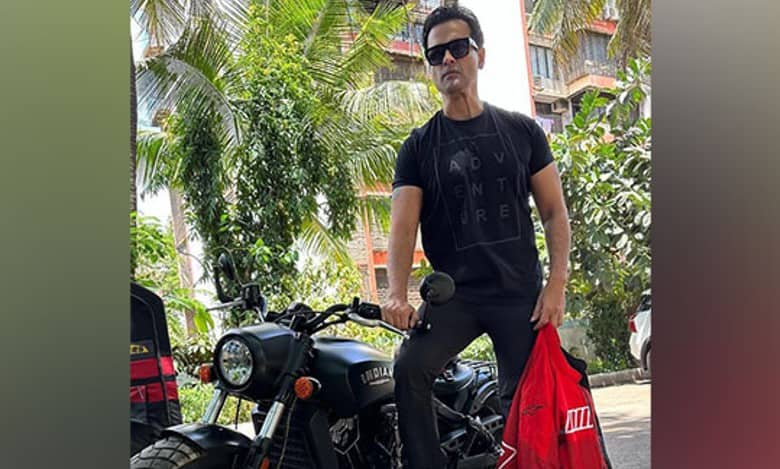In Oppenheimer, Christopher Nolan Unravels The Life Of Father Of Atomic Bomb

Christopher Nolan’s Oppenheimer will be released in cinema halls on July 23. The film is the biopic of the American physicist J Robert Oppenheimer, also known as the ‘father of the nuclear bomb’. The star studded cast includes Cillian Murphy, Emily Blunt, Matt Damon, Robert Downey Jr, Florence Pugh, Benny Safdie, Michael Angarano, Josh Hartnett and others.
The script for Oppenheimer, which is written by Nolan, is an adaptation of Kai Bird and Martin J Sherwin’s novel American Prometheus: The Triumph and Tragedy of J Robert Oppenheimer. The Pulitzer Prize winning book provides a summary of Oppenheimer’s achievements and FBI investigation that followed. It demonstrates that the physicist lived his entire life in the shadow of his work, mostly with the guilt of inventing an almost unstoppable weapon with the ability to threaten all life on Earth.
Invention of the atomic bomb
The programme to build the atomic bomb as America’s ultimate weapon during World War II was approved by President Franklin D Roosevelt in 1942. Oppenheimer became involved in the project in May 1942 when the National Defence Research Committee requested that he look at neutron chain reactions in the hypothetical weapon. Oppenheimer’s study was supported by both European scientists and his own pupils, notably Serber. This programme was replaced by the Manhattan Project, the US Army’s programme to create the atomic weapon, by June 1942.
Oppenheimer served as the laboratory’s director after the army established one in Los Alamos, New Mexico. The Trinity Test, carried out in Alamogordo, New Mexico, on July 16, 1945, was the result of Oppenheimer and his team’s efforts. “The Gadget” plutonium bomb was successfully detonated during the test.
This atomic test gave way to the bombs like Fat Man and Little Boy, which were dropped over Hiroshima and Nagasaki in Japan in 1945. Oppenheimer was initially happy about the test’s accomplishment, but this joy waned with time (exacerbated by the bombs’ deployment against Japan, notably the entirely civilian target of Nagasaki). He told President Harry S Truman that he felt he had “blood on his hands” for the development and use of the bomb, much to the latter’s dismay.





